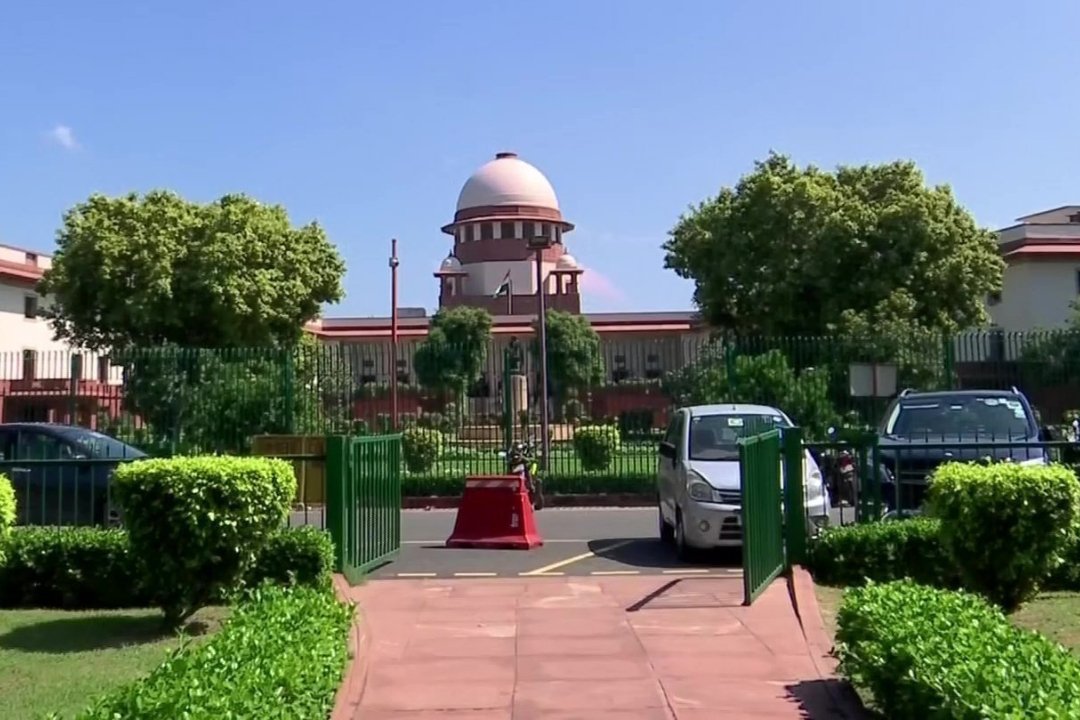HT DIGITAL
GUWAHATI, AUGUST 20: A historic bill that can redefine political accountability will be introduced in Parliament on Wednesday. The new bill has the government asking for the expulsion of elected lawmakers—ranging from the Prime Minister, Union Ministers, Chief Ministers, to state and Union Territory ministers—if they are detained on charges of serious crimes.
As per the draft, any minister arrested for 30 consecutive days is required to resign within the 31st day. If he does not do so, he is automatically ejected from office. This is a drastic change from current rules where elected representatives are removable only upon conviction.
The bill also lays down proposals for amending Articles 75, 164, and 239AA of the Constitution to make the executive more accountable. It does not mention specific criminal charges but takes care of offences involving a minimum punishment of five years, involving offenses like murder and grand corruption.
Besides this measure, three other legislations—the Government of Union Territories (Amendment) Bill, 2025, the Constitution (One Hundred and Thirtieth Amendment) Bill, 2025, and the Jammu and Kashmir Reorganisation (Amendment) Bill, 2025—are scheduled to be sent to a parliamentary committee for examination.
Union Home Minister Amit Shah is expected to move the motion in the Lok Sabha. The Opposition, however, is scheduled to hold a meeting on Wednesday morning to finalize its position before the debate. Ministers with criminal charges against them usually resign on their own before being arrested to avoid political controversy.
But the example of Delhi Chief Minister Arvind Kejriwal, who remained in prison for almost six months after his arrest in the excise policy case last year, has brought demands for legislation to avoid such acts to the forefront.











